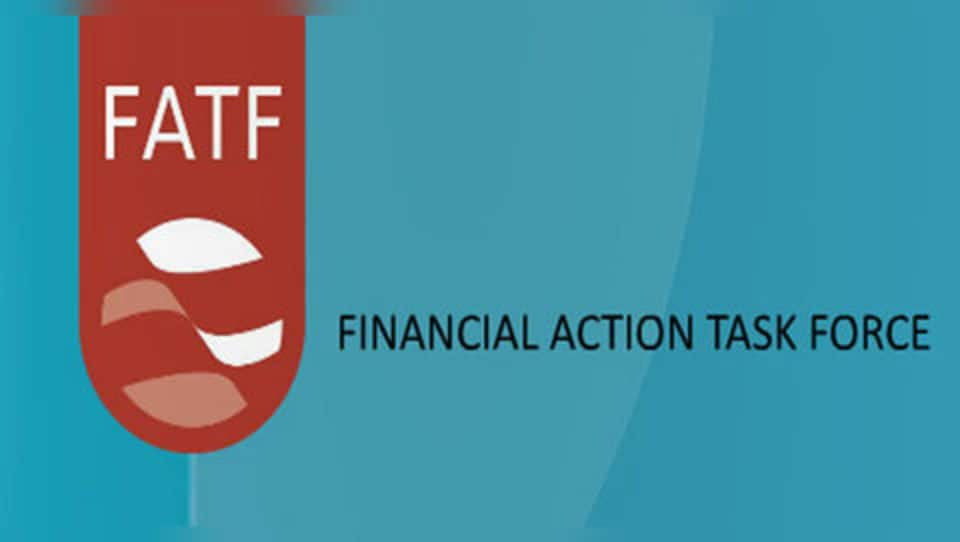
Pakistan gets three-month reprieve from inclusion in terrorist-financing watch-list
What's the story
Pakistan has momentarily succeeded in escaping inclusion in the Financial Action Task Force's (FATF) grey list. This list includes countries that are deemed non-compliant with anti-money laundering and terrorist financing regulations. One-time strong ally, US had led a motion to put it on the watch-list. It was reportedly backed by Britain, France and Germany. How did Pakistan achieve this feat? Here's more about it.
FATF's decision
What has been decided now?
FATF members met this week to decide on the US-led motion. Foreign Minister Khwaja Asif announced the reprieve on Twitter claiming that Pakistan's "efforts paid off." He also said that the meeting proposed a "three months pause" and asked FATF's Asia Pacific Group (APG) for another report that will be considered in June. Asif also thanked "friends" for helping Pakistan avert embarrassment.
Reprieve
So, how did Pakistan get the reprieve?
This reprieve is attributed to Pakistan's frenzied diplomatic efforts over the last few weeks. Allegedly, FATF members China, Turkey, and Russia opposed US-UK's jointly-moved motion. Other reports suggest that support from Gulf nations and Pakistan supplying troops to Saudi Arabia for the Yemen conflict may have worked in its favor. Also, Pakistan's move of banning Hafiz Saeed-run charities could have played a crucial role.
Skepticism
But, why was the reprieve viewed skeptically in Pakistan?
However, the news of the reprieve was viewed with certain scepticism. Former Pakistan Ambassador to Washington Sherry Rehman claimed that, "This is the normal process and time-span given for reprieve warning." She cautioned that, "So far, there's no indication at all that the voting line-up will change in three months. Please don't become complacent and ignore the danger."
Do you know?
Meanwhile, what would have happened if the US-move had succeeded?
If the US move had succeeded, Pakistan's economic problems would have multiplied. The cost of doing business would have increased. Further, foreign investment would have dried up. Pakistan already faces a huge trade deficit and falling foreign exchange reserves coupled with aid-cuts.
Russia-Pakistan-US
Separately, are the cold-war rivals moving towards new re-alignment?
After the FATF vote, Asif is presently discussing a more enhanced Pakistan-Russia relationship in Moscow. So, as Pakistan aligns itself with Russia and US takes an aggressive posture, are the Cold-war rivals heading towards a new realignment in South Asia? Pakistan-Russia are also emphasizing on a political solution for Afghanistan. Conversely, US refused a dialogue with Taliban indicating a continuation of war there.